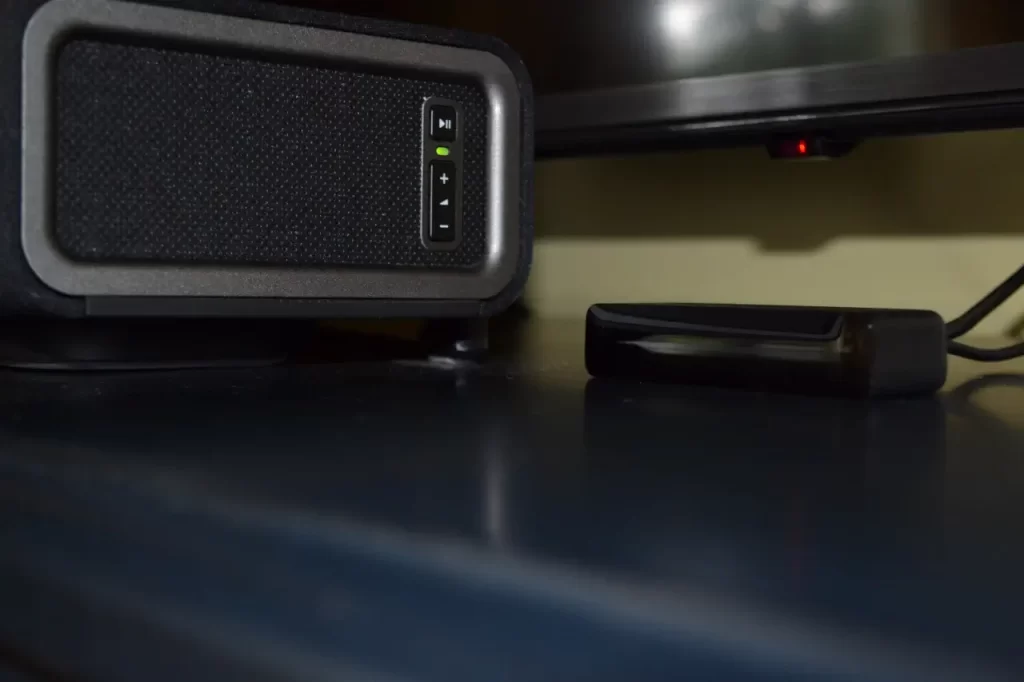Kosher Smart Home Devices
There are kosher smart home devices available in the market that adhere to specific requirements and certifications for Jewish dietary laws. These devices are designed to be compatible with a kosher lifestyle. Here are a few examples:
- Kosher Switches: These are kosher smart home devices switches that allow users to control lights and appliances using voice commands or mobile apps. They are designed to comply with Sabbath and holiday observance by implementing specific features, such as a “non-electronic” mode or disabling certain functions during restricted periods.
- Kosher Ovens: Some smart ovens have specific kosher modes that disable certain features, like temperature adjustment or self-cleaning, which may be restricted during Sabbath or holiday observance making them kosher smart home devices.
- Kosher Refrigerators: Certain smart refrigerators have Sabbath mode settings that disable automatic defrosting or ice-making during Sabbath and holiday periods.
- Kosher Hot Mat: These are mats that provide indirect, non-adjustable heat.
- Kosher Light Bulbs: A toggle on the LED bulb allows users to make it go dark by concealing LED diodes that actually stay on.
It’s important to note that the availability and specific features of kosher smart home devices may vary. It’s advisable to research and consult with knowledgeable sources, such as trusted religious authorities or certified kosher organizations, to ensure that a particular device meets the necessary kosher smart home device requirements. Several good sources are My Jewish Learning, Chabad, and Star-K.
What are the kosher requirements for orthodox Jews?
Orthodox Judaism follows a set of dietary laws known as kashrut, which governs what foods are considered kosher (fit) and the proper way to handle and prepare them. Here are some key requirements for Orthodox Jews regarding kosher observance:
- Meat and Dairy Separation: Orthodox Jews observe strict separation between meat and dairy products. They cannot be cooked, eaten, or served together. Separate utensils, dishes, and cooking equipment are used for meat and dairy, and there is a waiting period between consuming meat and dairy products.
- Kosher Certification: Orthodox Jews typically rely on kosher certification symbols or labels to ensure that a product meets the kosher smart home devices standards. These symbols are issued by recognized kosher certification agencies and indicate that the food or item has been prepared according to kosher guidelines.
- Prohibited Animals: Certain animals are prohibited for consumption according to kosher laws. Land animals must have split hooves and chew their cud (e.g., cows, sheep). Fish must have fins and scales (e.g., salmon, tuna). Birds such as chickens and turkeys are generally permitted, while birds of prey and scavengers are prohibited.
- Ritual Slaughter: Meat consumed by Orthodox Jews must come from animals that have undergone ritual slaughter known as shechita. A specially trained and certified Jewish slaughterer (shochet) performs the ritual, ensuring the animal’s quick and humane slaughter.
- Prohibition of Certain Foods: Orthodox Jews avoid consuming specific foods, including pork, shellfish, and certain insects. These items are considered non-kosher (treif) and are prohibited by Jewish dietary laws.
- Check for Insects: Orthodox Jews meticulously inspect certain fruits, vegetables, and grains for insects before consuming them. This process involves careful examination or special washing techniques to remove any insects or their remains.
- Passover Observance: During the Passover holiday, additional dietary restrictions come into effect. Orthodox Jews avoid consuming leavened products (chametz) and eat matzah, an unleavened bread, as part of the Passover Seder and throughout the holiday.
It’s important to note that these are general guidelines, and the specific practices and stringencies may vary among different Orthodox Jewish communities and individuals. Consulting with a rabbi or a trusted authority on Jewish dietary laws and kosher smart home devices is advisable for detailed guidance and clarification.
Photo by Nick Clement on Unsplash



